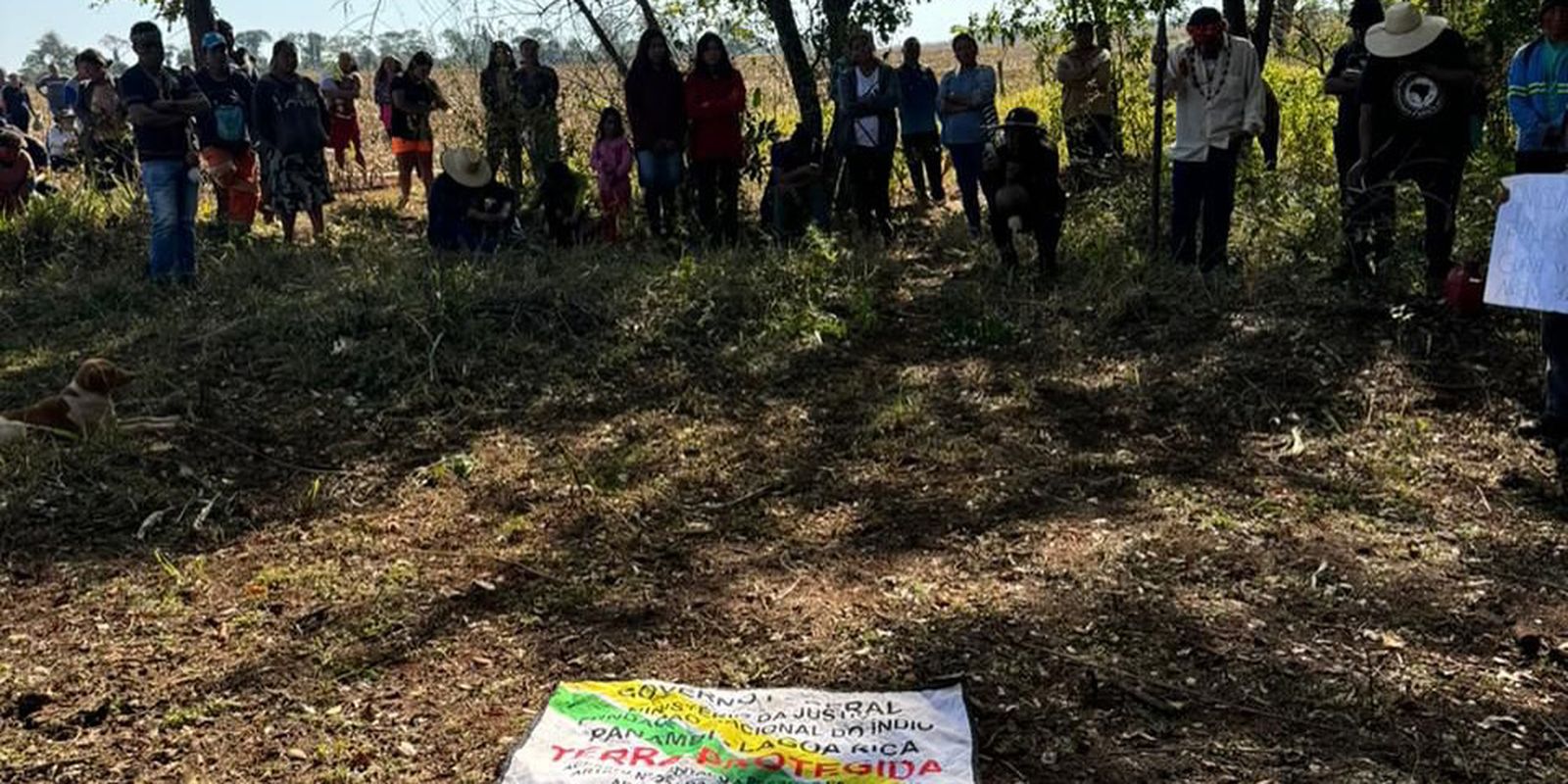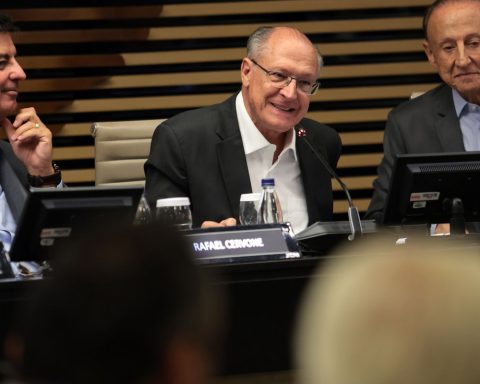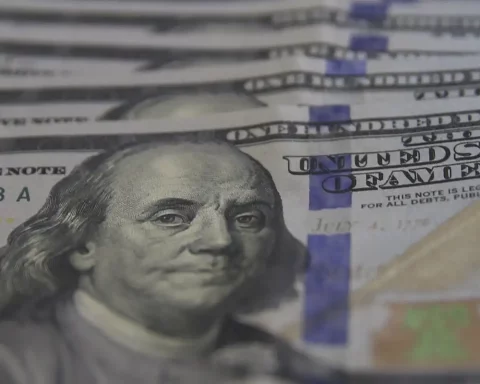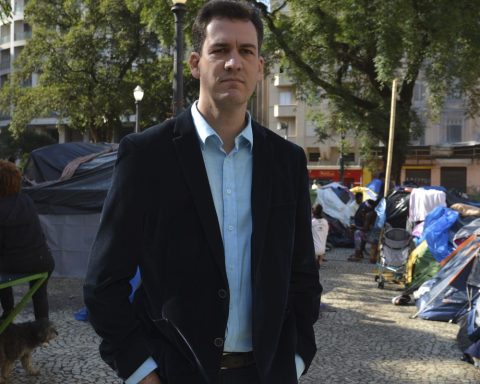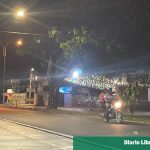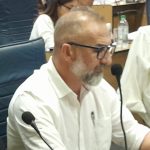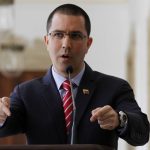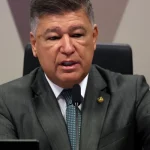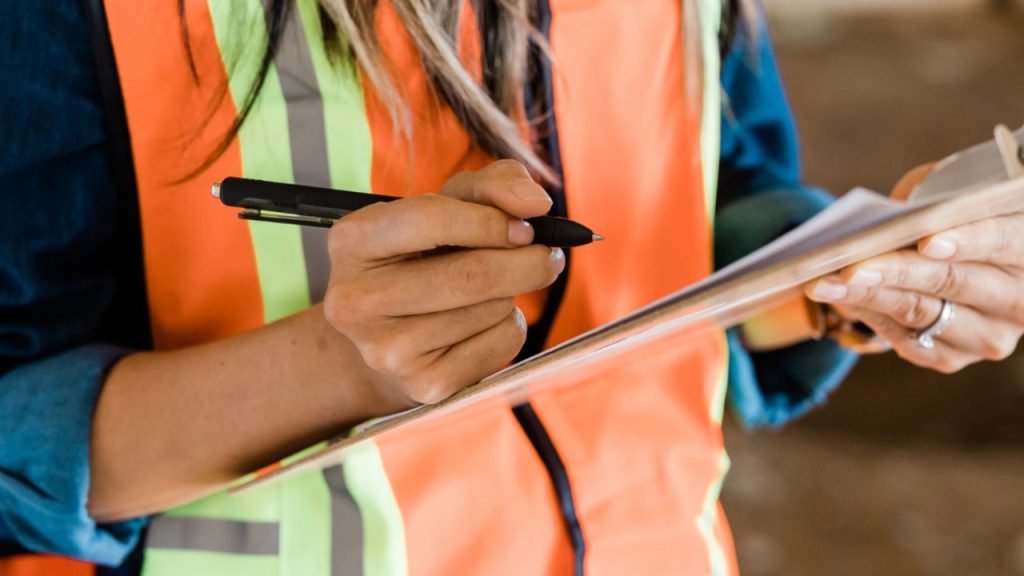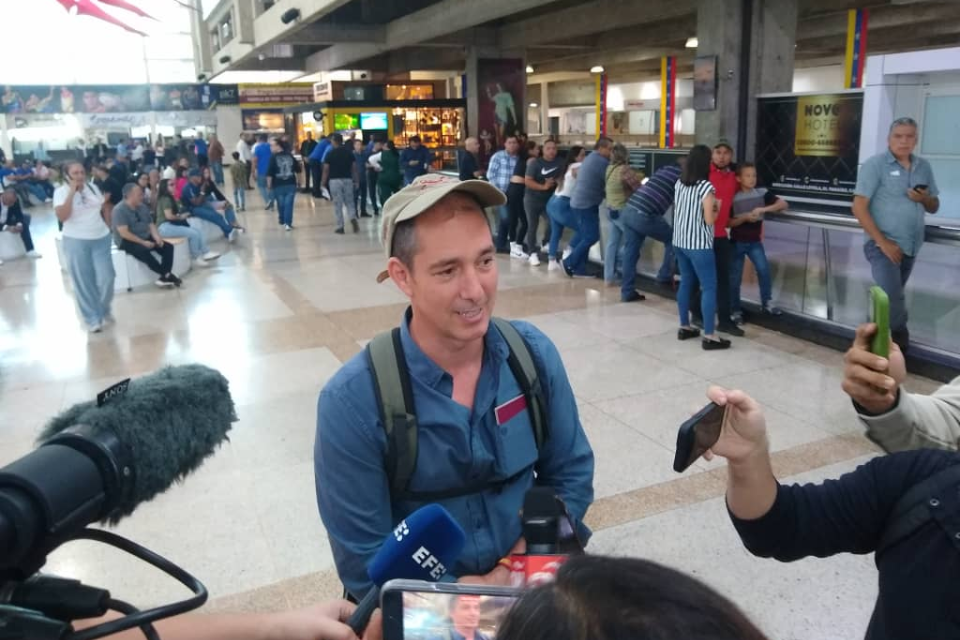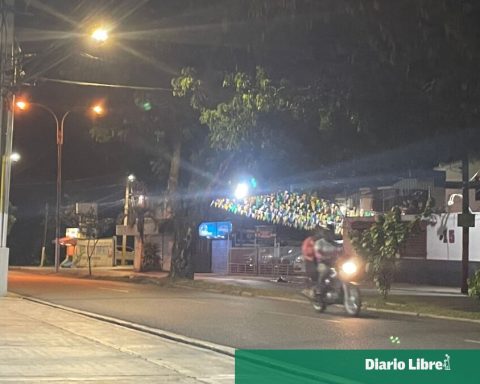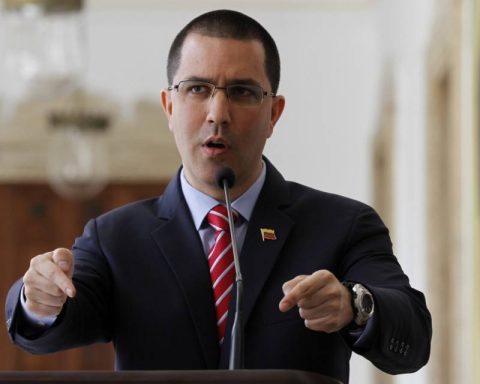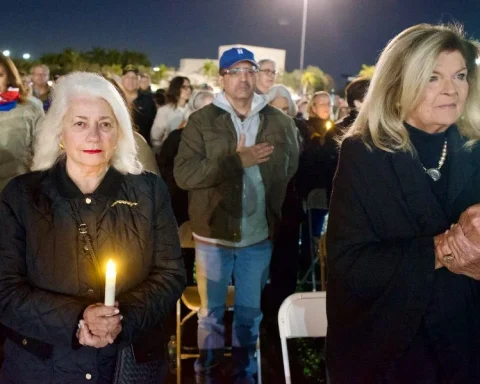The National Foundation for Indigenous Peoples (Funai) said this Saturday (27) that it considers the court decision that prevents the agency from providing humanitarian assistance to indigenous peoples in a reclaimed area located in Terra Roxa, in Paraná, to be “unconstitutional and unconventional”.
A verdict from the judge of the 2nd Federal Court of Umuarama, João Paulo Nery dos Passos Martins, determines that “Funai refrain from delivering tarps, timber, tools and other materials that could be used to build shelters/housing to the indigenous communities that occupied rural properties in the cities of Guaíra and Terra Roxa, in western Paraná”.
“The decision also goes against the institutional attributions of the body, responsible for protecting and promoting the rights of indigenous peoples in Brazil, and is gathering information relevant to the case, and in dialogue with the Attorney General’s Office (AGU) to appeal the decision”, states the body.
In a note, Funai explains that the preservation of human rights is one of the foundations of the Brazilian State, as established in the Federal Constitution of 1988 (item III, of article 1).
For this reason, the Federal Supreme Court (STF), in the judgment of the Claim of Non-Compliance with Fundamental Precept (APDF) No. 828, determined that the Judiciary adopt humanitarian measures to safeguard the fundamental rights of vulnerable populations in cases involving land conflicts.
The body stated that “the decision of the 2nd Federal Court of Umuarama (PR) violates the duties established in ADPF No. 828, in addition to violating the institutional attributions of Funai, which, as provided for in Law No. 5,371/1967, has the duty to act to respect the rights of indigenous peoples and their communities.
Among the rights to be observed are fundamental rights, such as the right to integrity and the guarantee of judicial protection.”
Conflicts
Funai has been involved in conflict mediation in the municipality of Terra Roxa, in the Guasu Guavirá Indigenous Land, since the first reports of violence. The Local Technical Coordination (CTL) in Guaíra, a decentralized unit of Funai, is present to try to reverse the escalation of the tense situation.
With the worsening situation and the registration of an indigenous person being shot, there was a need for reinforcement of staff from other regional Funai coordinations.
Since then, the Guaíra coordination has had the support of police forces such as the National Public Security Force (FNSP), the Border Military Police Battalion (BPFron), the Paraná Military Police (PMPR) and the Federal Police.
The police presence in the region was requested by the Ministry of Indigenous Peoples (MPI) earlier this month to the Ministry of Justice and Public Security (MJSP). This is Operation Tekoha 4, which aims to prevent acts of violence against indigenous people, who are mobilized to guarantee their territorial rights.
Oversight
The National Agency of Petroleum, Biofuels and Derivatives (ANP) resumed, this week, joint inspection actions to identify irregularities in the sale of fuels used for illicit activities in the Yanomami Indigenous Land, in Roraima.
The operations took place in the municipalities of Alto Alegre and Boa Vista, in Roraima, with the support of the National Force and the Federal Police. In total, two gas stations and three fueling points were inspected, intended for the fueling of cars, trucks, aircraft, boats or locomotives for exclusive use. One gas station was fined and closed for supplying fuel in a volume lower than that indicated on the fuel pump. A violation report was also issued against one fueling point for failing to comply with the legislation.
